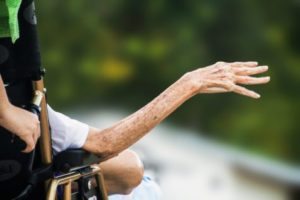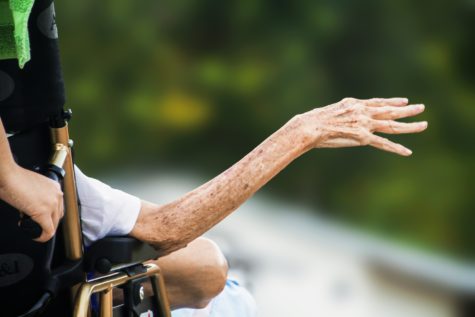BERLIN — Many people look to their elders when it comes to making wise decisions, but a surprising new study finds that older adults actually make riskier decisions than younger people do.
Researchers at the Max Planck Institute for Human Development determined that not only are older people approaching risks with a more optimistic outlook, they’re also less deterred by the risk of loss.
To reach this conclusion, they looked at 60 younger adults between the ages of 18 and 30, as well as 62 older adults between the ages of 63 and 88. This study differed than similar ones that have been done in the past in the sense that the participants had to choose between two different risky options, as opposed to one option that was risky and one that was not.

The study participants were given a series of problems that required them to make choose between two options that led them to winning or losing money. They completed 105 of the problems after being informed about both the probability of winning or losing, as well as the amount of money that could be won or lost.
The researchers determined that the older people were more likely to make choices that were considered riskier, linking the finding to the older adults having better moods. This is in contrast to the results of other studies that have been done on the topic in the past.
“If you are in a good mood, you are more likely to see the positive potential outcomes of a decision,” says Thorsten Pachur, the lead author of the study and senior researcher at the institute’s Center for Adaptive Rationality, in a news release. “The older participants were more optimistic in their assessments of the possibility of winning; accordingly, they were more daring in their choices. What’s more, they gave the same weight to potential wins and potential losses, whereas the younger participants were more focused on avoiding potential losses.”
Pachur’s team also found that the elderly segment made overall made poorer choices than their younger counterparts, more often than not opting for the choice that was clearly the better option — the option that presented a larger gain of money.
“These differences in decision quality are attributable to the decrease in fluid intelligence in old age—that is, to older adults’ decreasing ability to process information and solve problems quickly,” says Pachur.
The study was published last month in the journal Psychological Science.

The article would have been much better if it had given concrete examples.
Exactly what risky decisions is the article talking about? Taking chances when crossing the street or driving a car? Taking excessive chances when making investment decisions? Taking chances by responding to items advertised on TV? Taking chances by opening the door without knowing who is ringing?
How about reposting the article edited to include concrete examples?